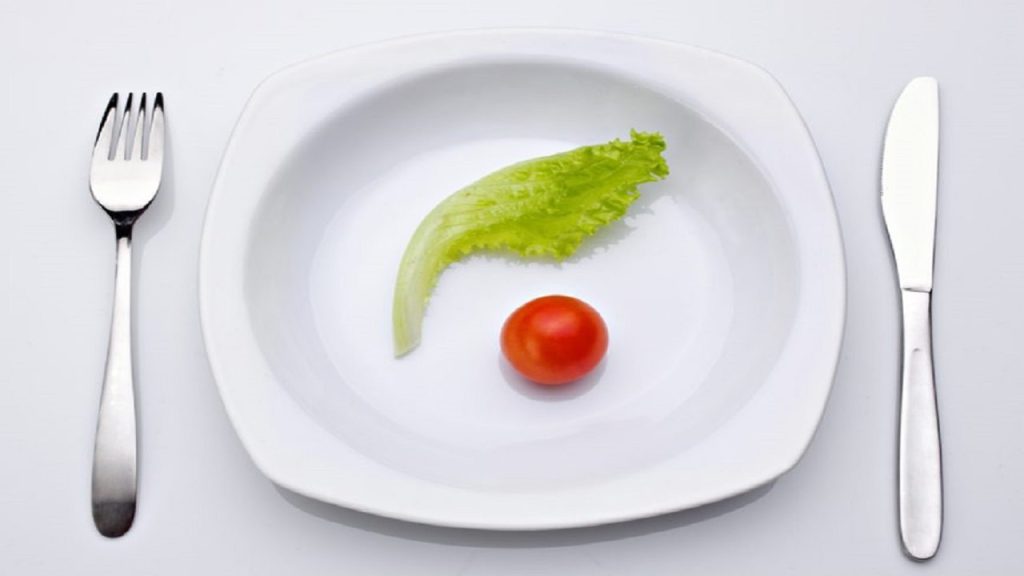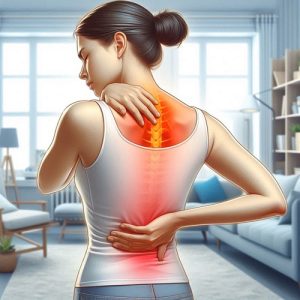The Dangers of rapid weight loss…
If you quickly lose a significant amount of weight, you might not burn as much fat as you should, and instead, the weight you lose could be water and even muscle. Burning fat is quite challenging, and you can’t burn the calories from fat in a short period. Rapid weight loss in cases where it’s necessary for health should always be done under a doctor’s supervision. Rapid weight loss has consequences you should be aware of:
You may lose essential nutrients.
Many rapid weight loss diets require you to cut out major food groups, meaning you’ll lose important nutrients like vitamins and minerals necessary for your health. For instance, a diet that eliminates dairy could lead to a calcium deficiency, and a low-carb diet might mean you’re not getting enough fiber. Even in a low-calorie diet, it’s important to get a range of nutrients, such as calcium, vitamin D, vitamin B12, folic acid, and iron.
Consequences of nutrient deficiency:
Low energy levels.
Brittle hair and nails.
Hair loss.
Extreme fatigue.
Weakened immune system.
Bone weakness and osteoporosis.
Your metabolism slows down.
Rapid weight loss is typically a result of severely restricting calorie intake, like when people go from consuming 3000 calories a day to 1200 calories. The problem here is that the body interprets this as a sign of limited food supply and goes into starvation mode. When the body is hungry, it conserves energy, and it’s more likely to store fat. Consuming 500 calories less per day might not show immediate results, but in the long term, it will slow down your metabolism.
You may lose more muscle than fat.
You definitely want your weight loss to come from fat, not muscle. Nobody complains about having more muscle mass, but when you burn calories too quickly, you may also lose muscle mass. Diets that provide very few calories force your body to break down muscle tissue for energy.
Metabolically, muscle is more active than fat, meaning one kilogram of muscle burns more calories than one kilogram of fat. So, losing muscle means you’ll burn fewer calories throughout the day.
Your body may become severely dehydrated.
Usually, in the first couple of weeks of rapid weight loss diets, you see faster results due to the loss of water weight. Especially in low-carb diets, people lose a lot of water weight because the body doesn’t need to store as much water when you’re not consuming carbs. However, losing water quickly can dehydrate your body and lead to unpleasant effects like constipation, headaches, muscle cramps, and low energy.
You may develop food cravings.
When you’re on very low-calorie or extremely restrictive diets, your levels of leptin, the hormone that controls hunger and fullness, drop. Normal levels of leptin signal to your brain when your body has enough fat, and your brain interprets this as fullness. But studies have shown that very low-calorie diets disrupt this balance and can increase food cravings, leading to overeating. So, after rapid weight loss, you might find yourself overindulging.
Your mental health can suffer.
If you lose weight rapidly without giving your mind time to adjust to your new body and weight, you might develop psychological issues. If you expect that losing weight will make you happy or solve all your problems and then it doesn’t, you could be vulnerable to developing conditions like bulimia, anorexia, or body dysmorphia. Many people start diets with the belief that losing weight will make them happy or lead to other positive life changes, and when those expectations aren’t met, it can have negative mental and emotional consequences.
You might develop gallstones.
You probably didn’t think that weight loss could affect your gallbladder, but it can. When your gallbladder functions normally, it produces digestive enzymes that help break down fatty foods. However, when you eat very little, your gallbladder doesn’t need to produce these enzymes, and they can become stagnant and lead to the formation of gallstones. Gallstones can be extremely painful and sometimes require immediate medical attention.
Rapid weight loss diets aren’t sustainable.
The reason is simple: you might be able to consume very few calories for a short time, but if your goal is to maintain the weight you’ve lost, you’ll eventually have to eat more, and this could lead to regaining the weight. Healthy weight loss involves losing half to one kilogram per week, no more. Although it might seem like slow progress, it helps you adapt to your new weight and makes it easier to maintain it.



